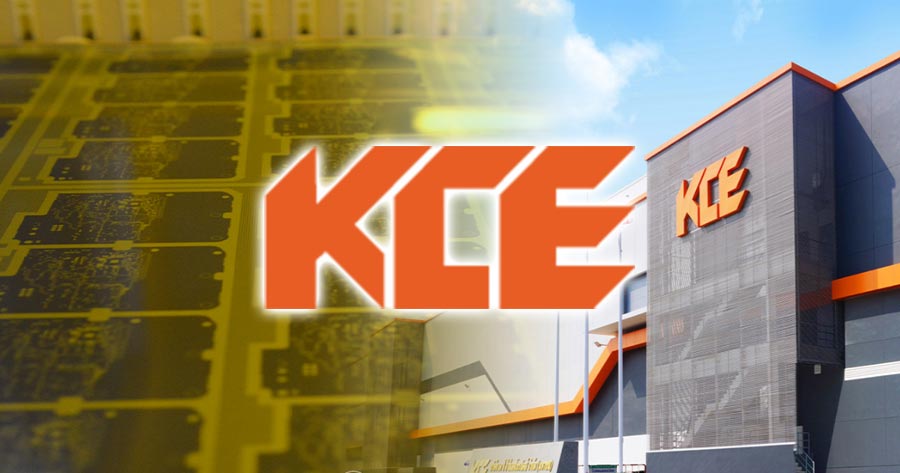Shell CEO Ben van Beurden said that it is impossible to replace Russian gas supplies in Europe with LNG while stating that this winter will be problematic for the EU and seeing turbulent period ahead for energy markets
The CEO said that the world is short of refining capacity because of voluntary shutdowns, while Russia and China did not export their oil products.
“Spare capacity is running very, very low,” said the CEO while adding that OPEC’s spare capacity is smaller than market expects.
Uncertainty in the market will remain for some time as spare capacity is low while demand is recovering, which would result in an ever tighter oil and gas market, putting more pressure on oil prices for time to come.
The crisis level of gas supply shortage is rising in Europe. Germany recently declared a stage two emergency gas plan amid mounting fears from the reduction of Russian gas flows that would make this winter very crucial.
The Telegraph reported that the UK will cut off gas supplies to Europe under an emergency plan that will be rolled out if the Russian energy crisis deepens.
Meanwhile, Russian energy concern Gazprom said that it has cut off gas supplies to the Netherlands after the country’s gas trader GasTerra refused to pay the gas prices in Russian ruble.
Despite the plan for EU members to cut reliance on Russian energy by 90% within the end of this year, gas flow to Hungary has reportedly returned to 100%. Minister of Foreign Affairs and Foreign Economic Relations of Hungary Peter Szijjarto as reported by TASS Russian News Agency said that due to difficulties with servicing the Nord Stream gas pipeline, the volume of Russian gas supplied to Europe has recently been significantly reduced, and this affects supplies to Hungary through Austria.
“Supplies of natural gas from Russia through Turkey, Bulgaria and Serbia to Hungary resumed on Monday from 7 pm,” he said.
Dutch TTF Gas Futures remains at a higher level of EUR129.17, the highest in three months.
The international benchmark Brent crude rose 0.23% to $118.25 per barrel while the West Texas Intermediate gained 0.43% to $112.25 a barrel.





